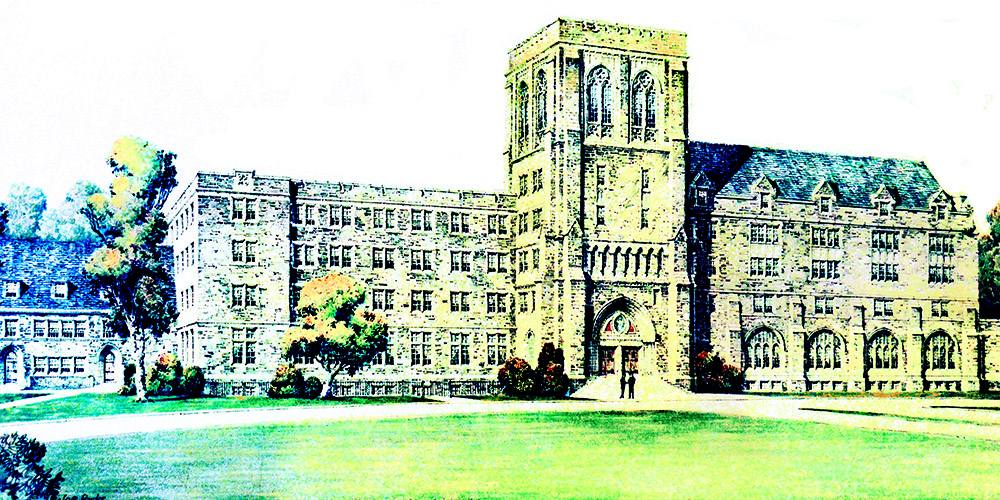
Theological College: Founded in 1917
Celebrating Over 100 Years
For more than a century, Theological College has played a pivotal historic role in forming seminarians for diocesan priesthood for the American Catholic Church. To learn more, view the centennial video (below) and order your copy of Ecce Quam Bonum: A History of Theological College by emailing [email protected].
Explore Our History
